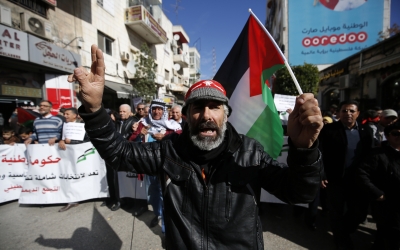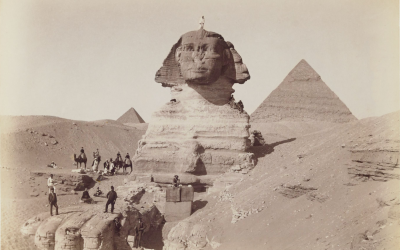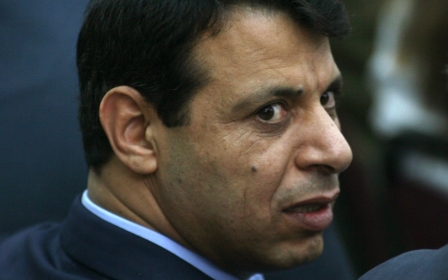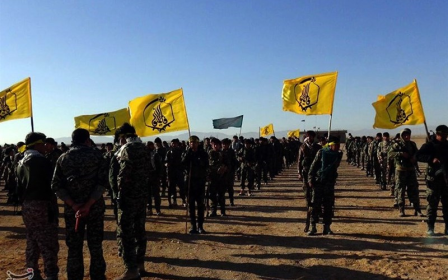Arabic press review: Arab countries obstructing Palestinian reconciliation
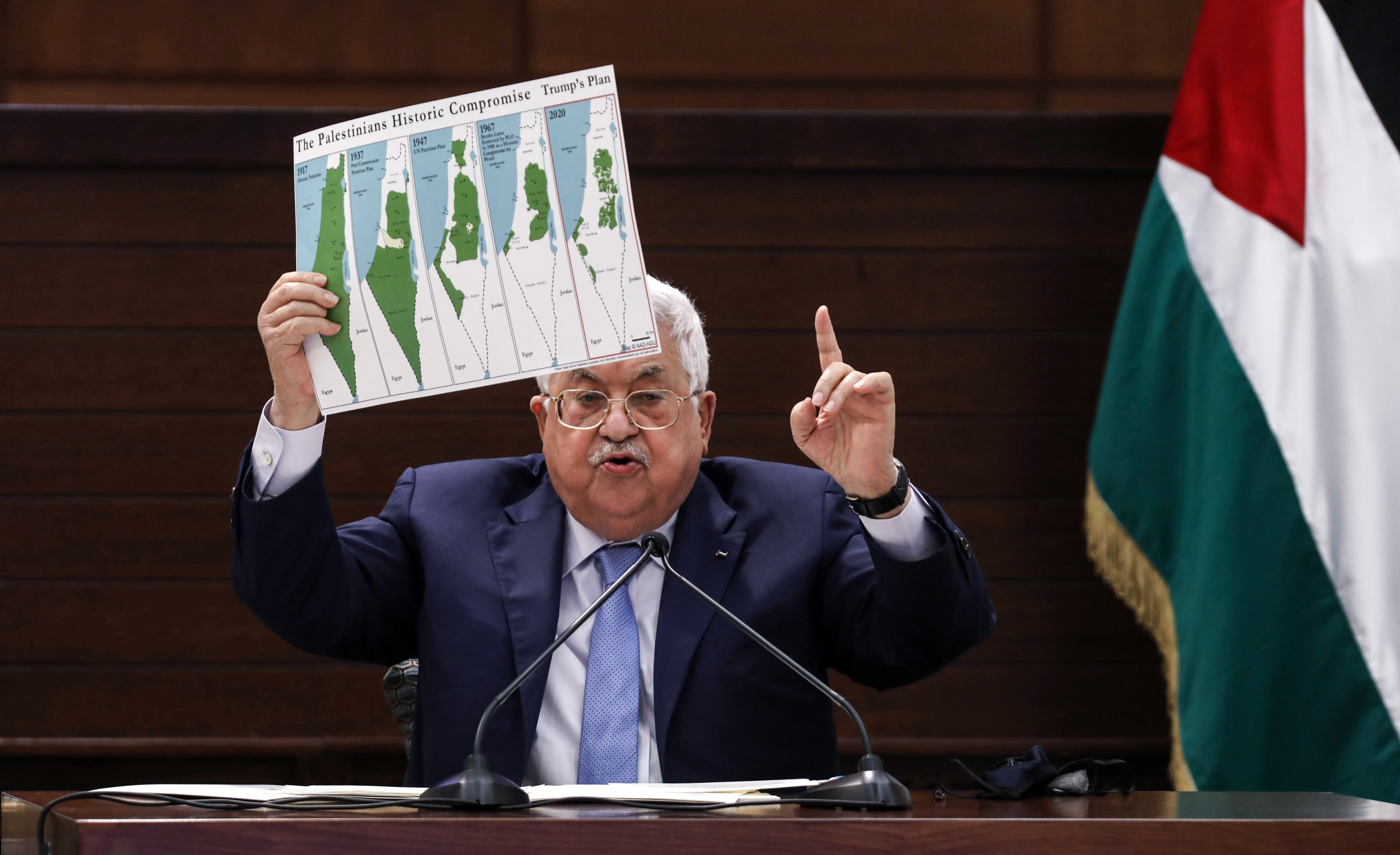
Four Arab countries obstructing Palestinian reconciliation
Four Arab countries have rejected an agreement of understanding between the Palestinian movements Fatah and Hamas which are aimed at achieving reconciliation after a 14-year political rift, the Al-Akhbar newspaper reported, citing informed sources.
The Lebanese newspaper quoted its sources as saying that both Saudi Arabia and the United Arab Emirates, the latter of which signed a normalisation deal with Israel last month, have endorsed Egyptian and Jordanian efforts to thwart the outcomes of the Istanbul agreement.
The hurdle has so far resulted in the Palestinian Authority's delay in fulfilling its obligations as stated by the agreement, including the issuance of a presidential decree to hold elections.
Palestinian President Mahmoud Abbas was supposed to issue a decree to set the date for the general elections according to a timetable that is not to exceed six months. However, the pressures exerted by the four Arab countries, in addition to moves taken by Israel in the West Bank, have contributed to hindering this step.
The sources added that a Fatah delegation, which visited Cairo last week following the Istanbul talks, received a message from Egyptian authorities that Cairo is "not satisfied with the way the agreement was announced in Turkey".
Fatah responded by saying that "the agreement was signed in the Palestinian consulate in Istanbul without Turkey's sponsorship or mediation and that the current Palestinian strategy is based on the policy of bilateral meetings".
However, the sources said, the Egyptians were not satisfied with the clarification.
Rising concern in Iraq over looming bankruptcy
The Iraqi government's delay in paying salaries to its employees for the month of September has raised fears that the financial crisis in the country will lead to bankruptcy or complete economic collapse, reported Al-Quds Al-Arabi.
Finance Minister Ali Abdul-Amir Allawi told pro-government media that paying wages depends on how swiftly MPs will vote on the Loan Act, stressing that "this step will ease the current financial deficit in the country".
The government is seeking to pass a law that would allow it to get more loans from abroad, but the parliament has so far rejected it for fear of drowning the country in accumulated financial burdens.
Allawi said that "this month's retirement salaries have been secured without problems", noting that salaries and allowances will be paid in the coming days or weeks.
"The wages will be available if the House of Representatives approves the Loan Act," he added, stressing that "passing this bill is crucial for ensuring the state's financial needs and addressing the budget deficit".
Iraqi Prime Minister Mustafa al-Kadhimi has acknowledged that "the current economic crisis is unprecedented in Iraq's history".
War of attrition between Syrian government and IS in Raqqa
The Syrian Badia, or desert, has become an open battlefield between Islamic State (IS) active cells and Syrian government forces who have suffered "massive" losses lately, Al-Arabi Al-Jadeed newspaper reported, citing local sources.
The report said that the Russian air force has at times intervened to stop IS fighters who have been able to move within a vast area, and, aided by its topography, have been able to launch successive attacks on direct targets.
The newspaper quoted sources as saying that areas surrounding the city of Raqqa, which used to be a primary IS stronghold, have witnessed clashes between militant cells and government forces in the past several days.
Dozens of government soldiers have been killed, the sources said.
The sources added that the government forces in the area lack supplies, including food, leading them to force the “remaining residents of nearby villages to provide them with provisions".
An unknown number of IS fighters are spread along the Syrian Badia, a sprawling area stretching across Syria. However, sources believe there are thousands of fighters in the desert, who use mountains and plateaus to hide and launch surprise attacks.
Egyptian antiquities up for sale in US
Egyptian archaeologist Bassam Radwan el-Shamaa has launched a campaign to stop the sale of Egyptian artefacts dating back to the Pharaonic era at an online auction in New York City.
Shamaa published a picture of an ancient Egyptian statue of a cat on his Facebook page and wrote that the piece "made of bronze, dating back to the Late Period of ancient Egypt, will be sold at Christie's auction house in New York, along with 11 other items, on 13 October".
The piece was estimated to be from a period circa 664-332 BC, according to the advertisement by Christie’s.
"This auction has been organised in cooperation with the Rosenfeld gallery of ancient art in Tel Aviv, which acquired these pieces in 1976," Shamaa said.
"The auction will open the sale of the artifacts with an amount of $7,000 to $9,000."
Shamaa also said that the auction house has displayed pictures on its website of more artefacts from the Late Period, and bidding will range from $15,000 to $50,000.
Shamaa called for the halting of the sales, saying that the world must know that Egyptians refuse to sell their legacy in auctions.
*Arabic press review is a digest of reports that are not independently verified as accurate by Middle East Eye
Middle East Eye delivers independent and unrivalled coverage and analysis of the Middle East, North Africa and beyond. To learn more about republishing this content and the associated fees, please fill out this form. More about MEE can be found here.


